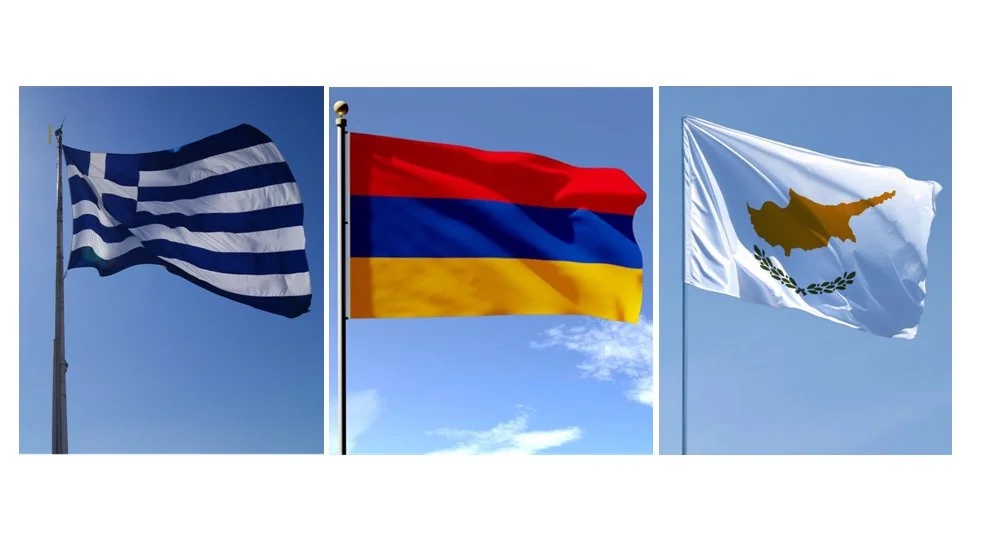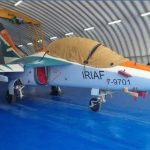At a pivotal moment in its modern history, Armenia is actively courting new defense alliances. As it confronts the Ankara-Baku united front, Yerevan is shifting its focus to Athens, Nicosia, and New Delhi to bolster its defense capabilities.
Reports in the Greek and Armenian press confirm that Greece and Armenia are on the verge of formalizing an agreement on military-technical cooperation. This evolving bond is underscored by the solid political dialogues and partnerships the two nations have historically shared. The forthcoming deal will advance research in military-related products and promote new defense technologies. Still, it will also encourage cooperation in defense industrial sectors consistent with the laws of both nations.
This alignment encompasses several facets, from technology transfer and weapons production to establishing joint ventures for research on military-related products. The sharing of information, the establishment of joint industries, and the mutual training of personnel are also critical pillars of this agreement.
Earlier this year, Forbes reported that trilateral defense consultations between Greece, Armenia, and Cyprus further solidified this burgeoning alliance by addressing mutual security interests. These consultations resulted in plans for a series of joint events that will take place in each nation over the next year.
Greece’s recent military initiatives, led by Prime Minister Kyriakos Mitsotakis, are the backdrop for these developments. From acquiring 24 Dassault Rafale fighter jets from France to the planned introduction of F-35 Lightning II jets, Greece’s military transformation appears primarily motivated by past tensions with Turkey. It is precisely concerned about Turkey’s growing influence in the Eastern Mediterranean and the South Caucasus, driving the strategic convergence of Athens, Nicosia, and Yerevan.
Meanwhile, following the lifting of a U.S. arms embargo, Cyprus is turning to Israeli and French defense technologies, signalling a broader shift in its defense strategy. This shift is also reflected in Cyprus’s commitment to increase its defense spending, as its president, Nikos Christodoulides, emphasized.
In parallel, as reported by Armenpress, the President of Armenia, Vahagn Khachaturyan, met with Lt. General Sukriti Singh Dahiya, highlighting Armenia’s intention to forge robust international military ties. Discussions on cooperation in various fields, including high technology and defense, promise to solidify these ties further.
Source: Gerçek News



